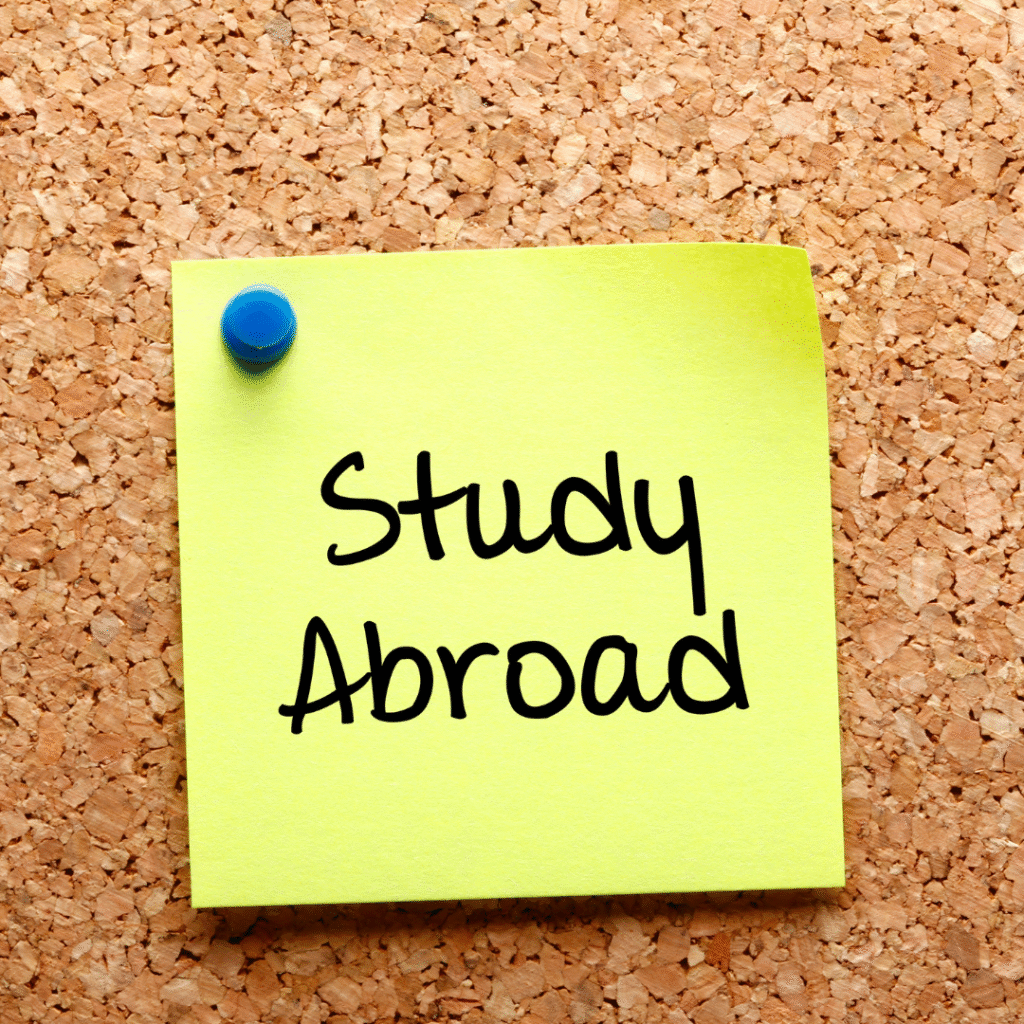Top 10 Questions Students Ask Before Studying Abroad

Thinking about studying abroad? It’s a big step. You are not just moving to another classroom, you are moving to a new country which you are barely known for, maybe living alone for the first time in your life, meeting people from all over the world. It is exciting but also scary. Most students have a hundred questions before they even apply. That’s normal. Asking questions means you’re serious about it.
I’m going to share the top 10 study abroad questions students ask before studying abroad and give you some clear direction. Think of it like a small guide, not just answers.
1. Which country should I choose?
This is the first study abroad question every student thinks about. The truth? There’s no “best” country for everyone. It depends on your goals.
Ask yourself:
- What subject do you want to study? (Example: engineering → Germany, fashion → Italy, business → UK or USA)
- What budget can you manage? (Some countries are cheaper, some very costly)
- Do you want everything in English or okay to learn another language?
- So, if you could start tomorrow, where would you go?

2. How much will it cost?
Money is always a worry. Tuition fee is one part, but living cost is another. Rent, food, travel, insurance
it all adds up.
- USA, UK, Australia = expensive
- Canada, New Zealand = medium range
- Germany, Norway, France = more affordable (sometimes even free tuition)
If you made a budget now, which part will take the biggest chunk of tuition or rent?
3. Can I get a scholarship?
Yes, many students do. Universities, governments, and even private groups give scholarships. Some are based on grades, some on talent, some on financial need.
Important: start searching early. Deadlines are strict.
- Have you already checked if your dream university offers any scholarship?

4. Will studying abroad help in my career?
Yes, it does. Employers like international graduates. It shows you can adapt, handle problems, and work with different people. Also, you get exposure, new ideas, and a bigger network.
- Just imagine your CV says “Master’s from UK” or “Bachelor’s from Canada.” Doesn’t it stand out?
5. Do I need to know the local language?
Not always. Many courses are in English. But daily life gets easier if you know the local language. Buying food, making friends, finding work—it all becomes smoother.
- Would you try learning a new language if it helped you feel at home faster?
6. Can I work while studying?
Yes, most countries allow part-time work. Example: The UK lets you work 20 hours a week during classes. Canada has similar rules.
This extra income can help with rent or small expenses. Plus, it gives experience.
- If you got a chance, would you prefer a part-time café job or something related to your subject?
Basic list looks like this:
- Academic marksheets/transcripts
- Recommendation letters
- Statement of purpose (why you want to study abroad)
- Passport
- English test (IELTS/TOEFL) if required
Have you started collecting them yet or are you still waiting?
8. How hard is the visa process?
Visas are very important. You can’t study without it. Each country has different rules, but mostly they ask for:
- Admission letter
- Proof of money for expenses
- Passport
- Health insurance
Some visas take weeks, some months. Apply early so you don’t stress.
- Do you know the visa steps for your chosen country?
9. How will I adjust to a new culture?
At first, it felt strange. Food, language, people—everything is different. But slowly you adjust. Join student clubs, talk to locals, and make friends.
- Tip: don’t close yourself. Be open to new things. That’s where the fun is.
- What culture difference excites you the most?
10. Is it safe?
Safety is always a worry. Most study destinations are safe, especially student cities. Still, keep your eyes open. Know local rules, keep emergency contacts, and avoid risky places.
- Would you feel safer living inside campus or renting outside?

Final Words
Studying abroad is not just about classes. It’s about growing as a person, building confidence, and seeing the world in a new way. You will have questions, you’ll have doubts, but that is a part of the journey.
So here’s my question for you: What is stopping you right now? Money, fear, or confusion? Write it down. Once you know the problem, you can find the solution and that’s how your study abroad journey begins.


